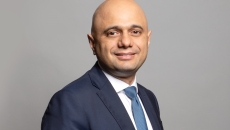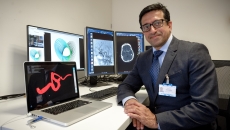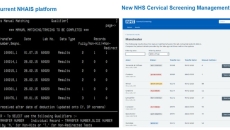Tammy Lovell
The opt out process is ‘overly complicated’ said NHSX chief executive.
All six hospitals in the Saudi Arabian hospital group have now been validated at the highest level for their inpatient digital maturity by HIMSS.
Health and social care secretary Sajid Javid said the UK must “level up” digital health inequalities to ensure the long-term sustainability of health and social care.
Researchers used anonymised health data from Addenbrooke’s Hospital in Cambridge and 20 other hospitals worldwide.
European Commission president Ursula von der Leyen outlined flagship initiatives for the European Union (EU) in her State of the Union address yesterday (15 Sept).
The technology allows surgeons select the optimal stent for risky procedures.
The new framework calls for new ways of delivering care.
Rome is using technology to combat health risks caused by climate change.
The initiative will support SMEs in the health, care and wellbeing sectors.
Cervical cancer charity welcomes the ‘long overdue’ update.








